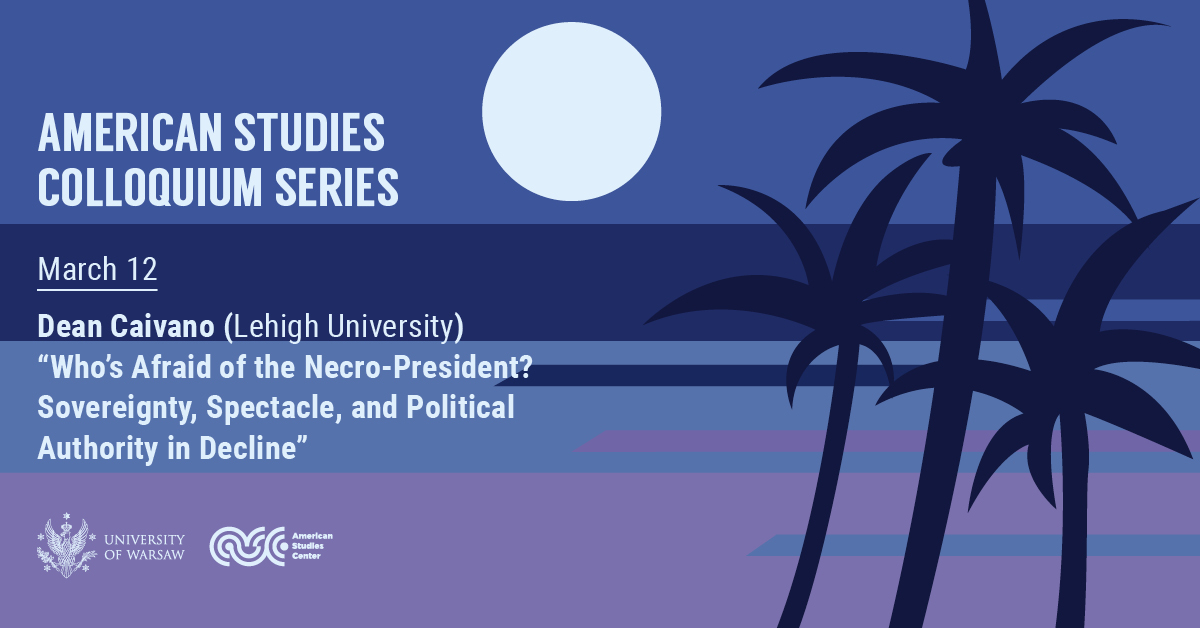Are you interested in meeting students from the United States?
Sign up for this 6-week online course and collaborate with students from Indiana University-Purdue University Indianapolis on an exciting virtual project exploring accessibility from different viewpoints.
The purpose of this virtual exchange is to provide the ASC BA students with a low-barrier, but high-impact opportunity to engage in a six-week virtual discourse with peers from the U.S. The project focuses on accessibility issues in Poland and the U.S., and includes readings and discussion centered on environmental, cultural, legal, and political, as well as health aspects surrounding accessibility.
Participation will immerse students in intercultural dialogue and collaborations to stimulate empathy, respect, and understanding of accessibility through the lens of others. Students will work together and audit accessibility of their respective environments, and present their findings at the end of the course.
All students will be awarded a certificate of participation, and 40 OZN points upon completion of the program.
The course meets virtually on Zoom on selected Thursdays: October 19, October 26, November 16, November 30, and December 7 (and one independent student-only meetings in the week of November 9).
Time: 5:00 pm
Duration: 75 mins (please plan for more time for the final session)
To sign up, please click on the button below and fill in the form until October 12, 2023.
If you have any questions, feel free to contact the ASC project coordinator, Marta Usiekniewicz at m.usiekniewicz@uw.edu.pl.



